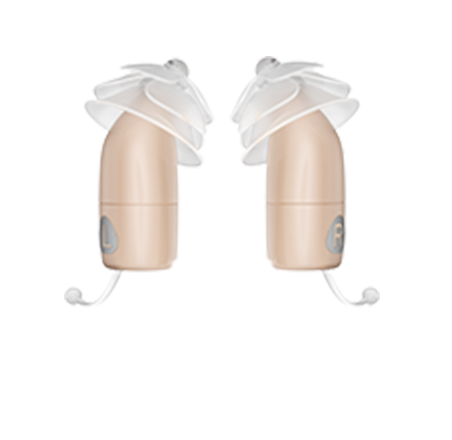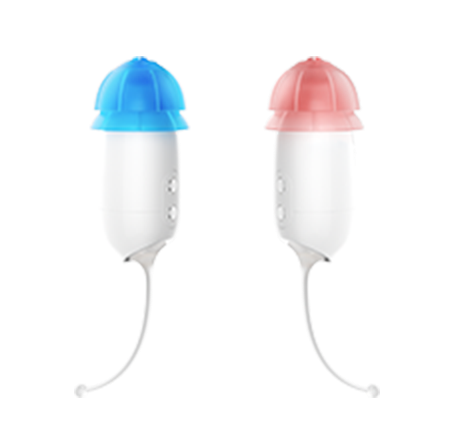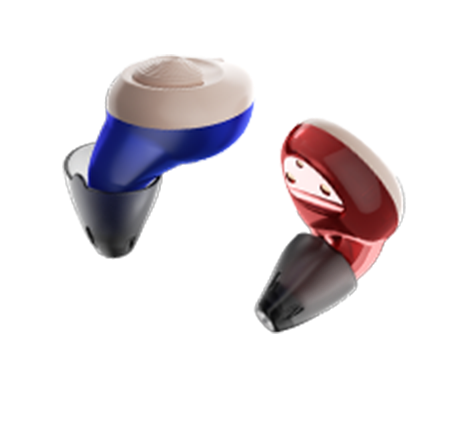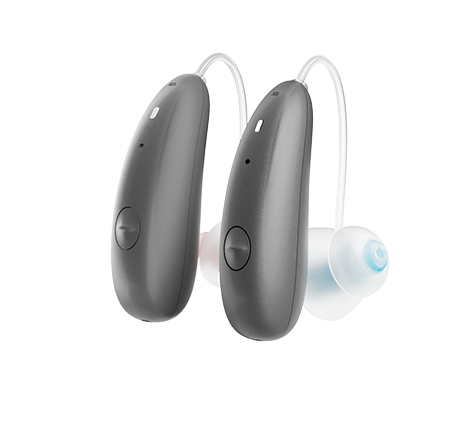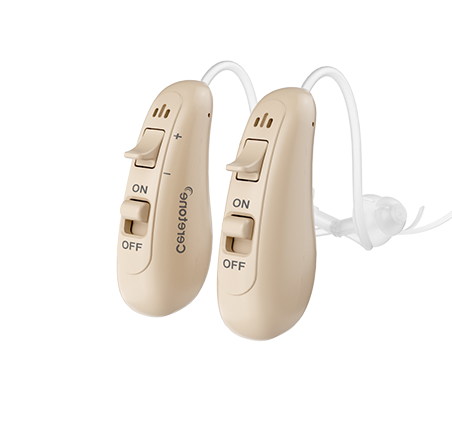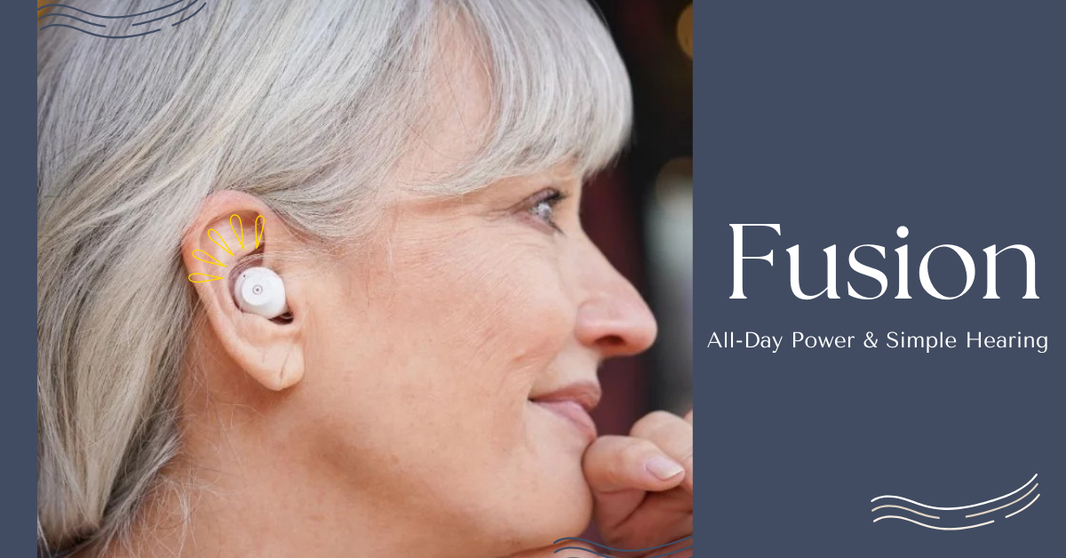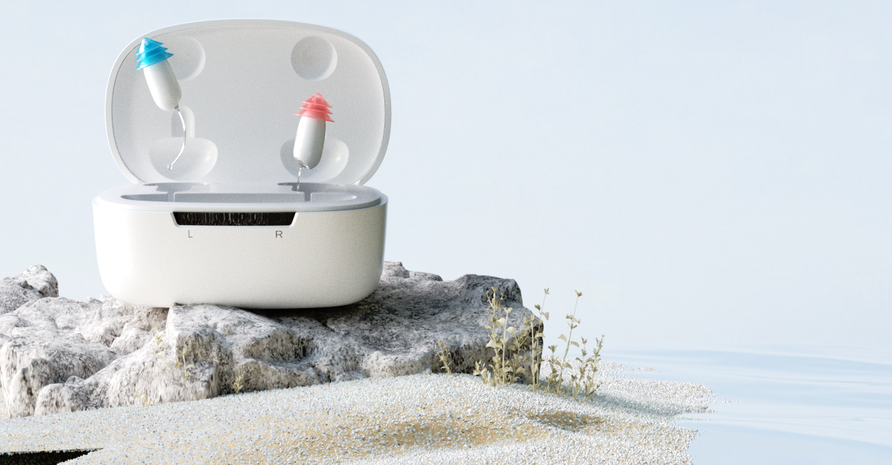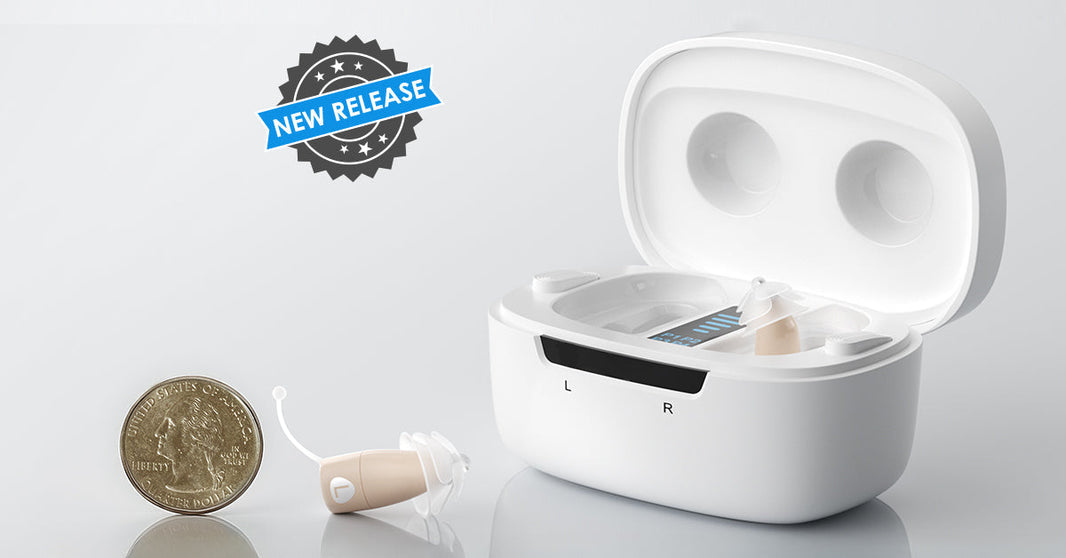
How Long Do Hearing Aids Last? The Essential Guide to Maximizing Lifespan

Introduction
Hearing aids are daily-use devices for millions of Americans that significantly enhance the quality of life; however, many people ask, "How long do hearing aids last?" Knowing the average period for the functioning of hearing aids is important, as this will enable those who use such devices to plan for the next replacement appropriately.
The National Institute on Deafness and Other Communication Disorders estimates that 28.8 million adults in the United States could benefit from hearing aids. Since cost and emotional factors play a vital role in decision-making to patronize Hearing aids, many users always look forward to getting value for their money by ensuring they get long-lasting products that last long before being replaced.
In this article, you will learn the general life expectancy of a hearing aid, the factors that hinder it and how to maintain it properly. By following these insights, you can make the right decisions on your hearing aids and maximize what you spend.
What Is the Average Life Expectancy of Hearing Aids?

Fashionable hearing aids normally have a lifespan of approximately three to seven years. Several conditions influence this range, including the kind of hearing aid, the materials used in its making, and its usage frequency. While some can serve for more years, especially when well maintained, many people change their hearing aids every four or five years to take advantage of new technologies.
More recent models are typically longer-lasting, though improvements in the technology, such as IP water resistance and stronger casings, are made over time, increasing hearing aid lifespan. However, all hearing aids, no matter how good, will need to be replaced from time to time due to their daily use, exposure to moisture, and the user requiring a different configuration.
Though hearing aids' longevity extends with proper care, they experience wear and tear over time. However, the influences of environmental conditions and regular usage of the products need to improve their efficiency. In addition, there is another useful feature: improved quality, clear sound, no interference, and compatibility with the newer models. Maintenance can be effective, but if we are talking about upgrading, then there is a hearing aid using current technology.
Factors That Influence Hearing Aid Longevity

To discuss the longevity of hearing aids, it is reasonable to look at factors that cause the wear out of hearing aids. Here are some key influences:
- Type of Hearing Aid: In-the-ear (ITE) hearing aids are worn inside the ear, while behind-the-ear (BTE) hearing aids are worn behind the ear. For example, BTE models are not likely to come into contact with earwax, moisture, or water in other forms that cause damage and shorten the device’s lifespan.
- Usage: As is common with most electronics, the more frequently one employs hearing aids, the faster they may deteriorate. Daily users may end up with shorter-lasting hearing aids than those who use them only for a few hours at a time.
- Maintenance: Hearing aid maintenance, such as routine cleaning and proper storage, greatly influences the hearing aid life expectancy. Failure to maintain the device can result in blockage, moisture damage, and a poor life of a hearing aid.
- Environmental Exposure: Hearing aid devices may deteriorate faster if exposed to high humidity, dust, or extreme heat. Some protective means and devices, such as protective cases and dehumidifiers, minimize the impact of environmental aggressiveness.
- Battery Type: The energy source of your hearing aid, whether a disposable battery or rechargeable, also affects the aid's durability. Although rechargeable hearing aids have a longer battery life, they need a battery change every few years.
All these factors determine how long hearing aids will last; thus, when looking for a hearing aid, it is advisable to go for the one that suits you and the environment in which you frequently find yourself. If you live in a humid area, you will best be served by acquiring one that comes with a dehumidifier. Opting for a moisture-proof hearing aid will do much to preserve the device.
Likewise, if you wear your hearing aids every day for many hours, it becomes more advisable to have checkups and cleaner hearing aids as often as possible. The class of battery also has an influence; while the rechargeables are somewhat casual, they might need a battery upgrade occasionally to be able to perform their optimum best, while disposable ones might be replaced frequently.

How Do You Know When Your Hearing Aid Is Going Bad?
However, hearing aid devices are not permanent; they have a certain lifespan even if well managed. Some warning signs suggesting they need to be replaced include low sound quality, frequent repair, and low battery backup, raising the question of how long do hearing aid batteries last and visible damage like cracks or a loose fit. Identifying these signs early is important so that measures to enhance a hearing-impaired person’s support can be initiated. Here are some signs that indicate your hearing aid reaching the end of its life:
- Decreased Sound Quality: If your hearing aid sounds muffled or distorted, it could be a sign of internal damage.
- Frequent Repairs Needed: If your hearing aid requires frequent repairs, it might be more cost-effective to replace it.
- Reduced Battery Life: For those using rechargeable models, if your rechargeable hearing aids start losing battery power faster than usual, it’s a sign they may need replacing.
- Physical Damage: Cracks, worn-out buttons, or a loose fit can impact the performance and life expectancy of hearing aids.
These signs should be addressed early enough to enable the patient to continue performing without compromising the hearing outcome.
How to Care for Hearing Aids to Make Them Last Longer
Accessibility and maintenance cannot be overemphasized because they determine how long these devices will last on average. Here are some tips:
- Regular Cleaning: Different health practitioners advise that you clean your hearing aids daily. This may be done using a dry towel or cloth to remove debris. This is especially so for ITE models, which are often known to accumulate ear wax.
- Use a Dehumidifier: A hearing aid dehumidifier can help free your apparatus from moisture, especially if you live in a humid region. Moisture is one of the most common causes of hearing aid failure.
- Handle with Care: Do not expose hearing aids to rainwater or other physical shocks. When not in use, they should be returned and stored in a padded case.
- Schedule Regular Checkups: Have annual or semi-annual professional cleanings and check-ups to ensure your hearing instrument remains in perfect working order.
- Battery Care: To some extent, it is crucial to stick to the manufacturer’s instructions regardless of whether rechargeable or non-rechargeable batteries are used. For instance, rechargeable hearing aids do not charge when the battery is full because that is detrimental to life.
Therefore, following these simple care tips guarantees that your hearing aids will have a longer life expectancy. Maintenance helps enhance performance and reduces the amounts spent on repairs and replacements. As you shall see, your hearing aids can give you steady and excellent sound if you devote a little time to them daily. Last but not least, it is recommended to check the hearing aids reviews before you buy it. Thus, you can buy a high-quality product and it will last longer than a poor-quality product.
Conclusion
In conclusion, the question “How long can hearing aids last?” can be answered by considering the use and care of the hearing aids, their exposure to different environments, and the type of hearing aids. If you take good care of the equipment, you will likely enjoy a long-term use of hearing aids and, hence, a kind return on your investment.
Common activities of maintainers include handling with care, periodic checkups by professionals, and periodic repairing activities, all of which aid in the proper working of hearing aids. Whether you opt for rechargeable or disposable batteries hearing aids, understanding how long they are expected to last and what factors may affect their durability will allow you to make better decisions regarding your hearing aids.
